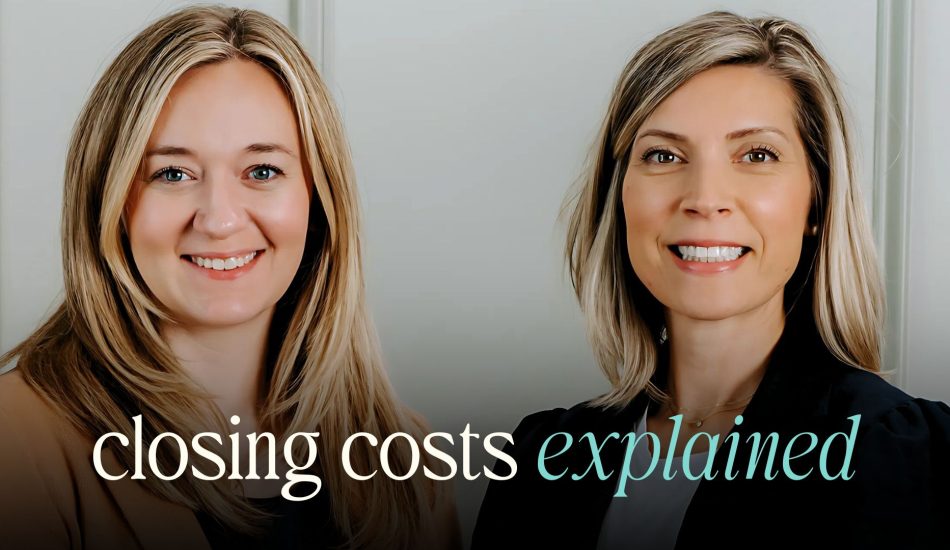Demystifying Closing Costs: What Every Buyer and Seller Needs to Know

Closing costs are a critical part of every real estate transaction, yet they remain one of the most confusing aspects for buyers and sellers alike. In the latest episode of The Real Estate Show, real estate attorneys Tiffany Weber and Erica Hanson from Thomas & Webber break down the essential details of closing costs to help you prepare for your next transaction.
From understanding what’s included in your cash-to-close to learning about lesser-known expenses like surveys and HOA fees, this episode provides the clarity you need to approach the closing table with confidence. Watch the full episode on our YouTube channel here.
What Are Closing Costs?
Closing costs refer to the collection of fees and expenses required to finalize a real estate transaction. These can include everything from loan origination fees and attorney services to taxes, insurance, and HOA dues. While the specific costs vary for buyers and sellers, understanding these expenses upfront can save you from unwelcome surprises on closing day.
1. Debunking the Percentage Myth
Many buyers mistakenly believe closing costs are a fixed percentage of the home’s purchase price. Tiffany and Erica explain why this is a misconception and break down how these costs are calculated based on the specific services and fees associated with your transaction.
2. Common Buyer Closing Costs
For buyers, closing costs typically include:
- Loan origination fees
- Lender’s title insurance
- Prepaid items like homeowner’s insurance and property taxes
- Escrow account setup fees
- Optional but recommended expenses, like surveys and inspections
3. Understanding Seller Closing Costs
Sellers have their own set of expenses, including:
- Deed preparation fees
- Prorated property taxes
- HOA transfer and documentation fees
- Deed stamps or excise taxes
- Payoff amounts for existing mortgages
4. The Importance of Surveys
Surveys often get overlooked in budgeting for closing costs, but they’re critical for identifying property boundaries, encroachments, and easements. Tiffany and Erica emphasize why investing in a survey can prevent future disputes and even be a requirement for certain transactions.
5. Budgeting and Avoiding Surprises
Planning ahead is key. Unexpected costs like escrow adjustments, home warranties, and inspections can throw off your budget if you’re not prepared. Reviewing your loan estimate and closing disclosure early in the process is a smart way to understand what to expect.
Why Closing Costs Matter
Closing costs are more than just a line item—they’re an essential part of securing your new home or completing your sale. By understanding what’s included and budgeting appropriately, you can avoid last-minute stress and ensure a smoother closing experience.
Want to dive deeper into the ins and outs of closing costs? Tune in to the full episode of The Real Estate Show to hear Tiffany Webber and Erica Henson share their expert insights and real-world advice.
📺 Watch the full episode here. Don’t forget to subscribe for more real estate and legal insights!


